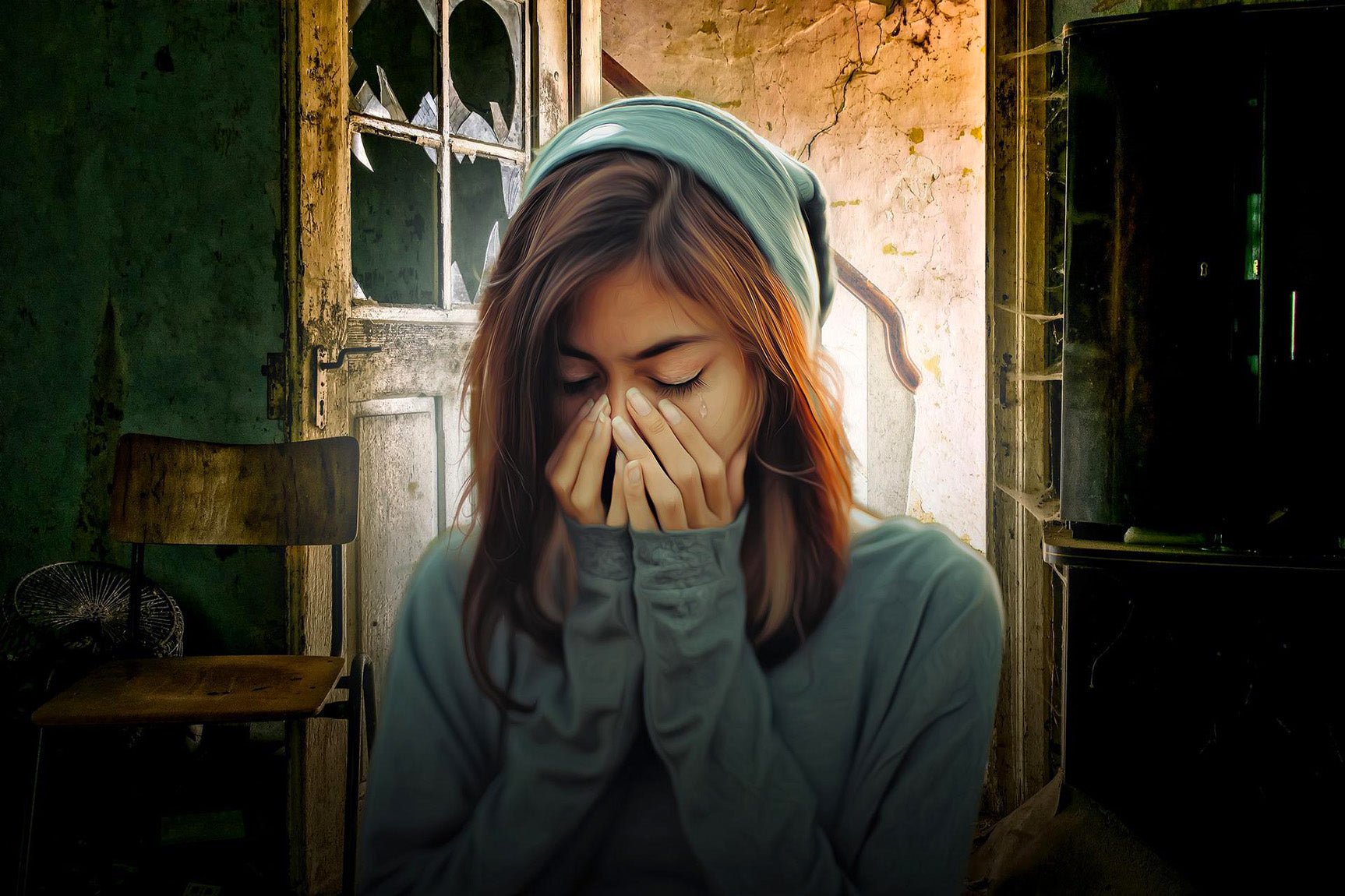
Shocking Study: Loneliness Affects The Mental Health Of Millions. Major Risk
Researchers have found out that loneliness affects the mental health of millions, yet many people feel ashamed to talk about it.
A recent large study of 6,000 adults, conducted by the UK Mental Health Foundation, has made a worrying discovery regarding people's health. Experts found that mental illness, dementia, depression and anxiety hit lonely people hardest.
The mental health of millions of people is affected by loneliness, with more than a third (35%) of those surveyed saying they would never admit to being lonely, and a quarter feeling ashamed of it, according to Mental Health.
Loneliness affected the lives of many people during the lockdowns of the COVID-19 pandemic, and this year the Mental Health Foundation UK explored how loneliness influences our health.
Loneliness Is Terrible For Our Health
"Our data shows how loneliness is affecting the mental health of millions of people across the UK. We also know the longer we feel lonely, the greater the risk of poor mental health.
Loneliness can be toxic and lead to anxiety and depression and is also associated with increased thoughts of suicide. Loneliness is a significant public health issue and as a society, we can and must do better to help people who are lonely and prevent mental health problems.
An important step is to address stigma and misconceptions about who experiences loneliness so that people don’t feel ashamed about how they feel. But we also need the Government to step up the momentum in tackling loneliness across society," said Mark Rowland, chief executive of the foundation.
The research shows that some groups of people are more at risk of loneliness, including young adults, people with existing mental health problems and people from certain minority ethnic groups.
Other groups more likely to be affected by loneliness are older people, particularly those who are excluded from the digital world.
The survey results show that one in two adults (44%) said feelings of loneliness made them feel sad, and one in four (25%) said loneliness led to anxiety and worry. A quarter of UK adults feel ashamed of being lonely and 35% say they would never admit to being lonely.
"We know some people are at a higher risk of loneliness than others. That’s why we need a fairly funded public mental health approach, that recognizes these differences and targets action accordingly. The mental health impacts of loneliness must be taken seriously and tangible policy changes and investment decisions made to reduce loneliness and to improve people’s connections with one another", Mark Rowland added.
Sharing our experiences helps to start conversations with others and break the stigma associated with loneliness and mental health.
The Mental Health Foundation is the leading charity for everyone’s mental health: "With prevention at the heart of what we do, we aim to find and address the sources of mental health problems so that people and communities can thrive."


















